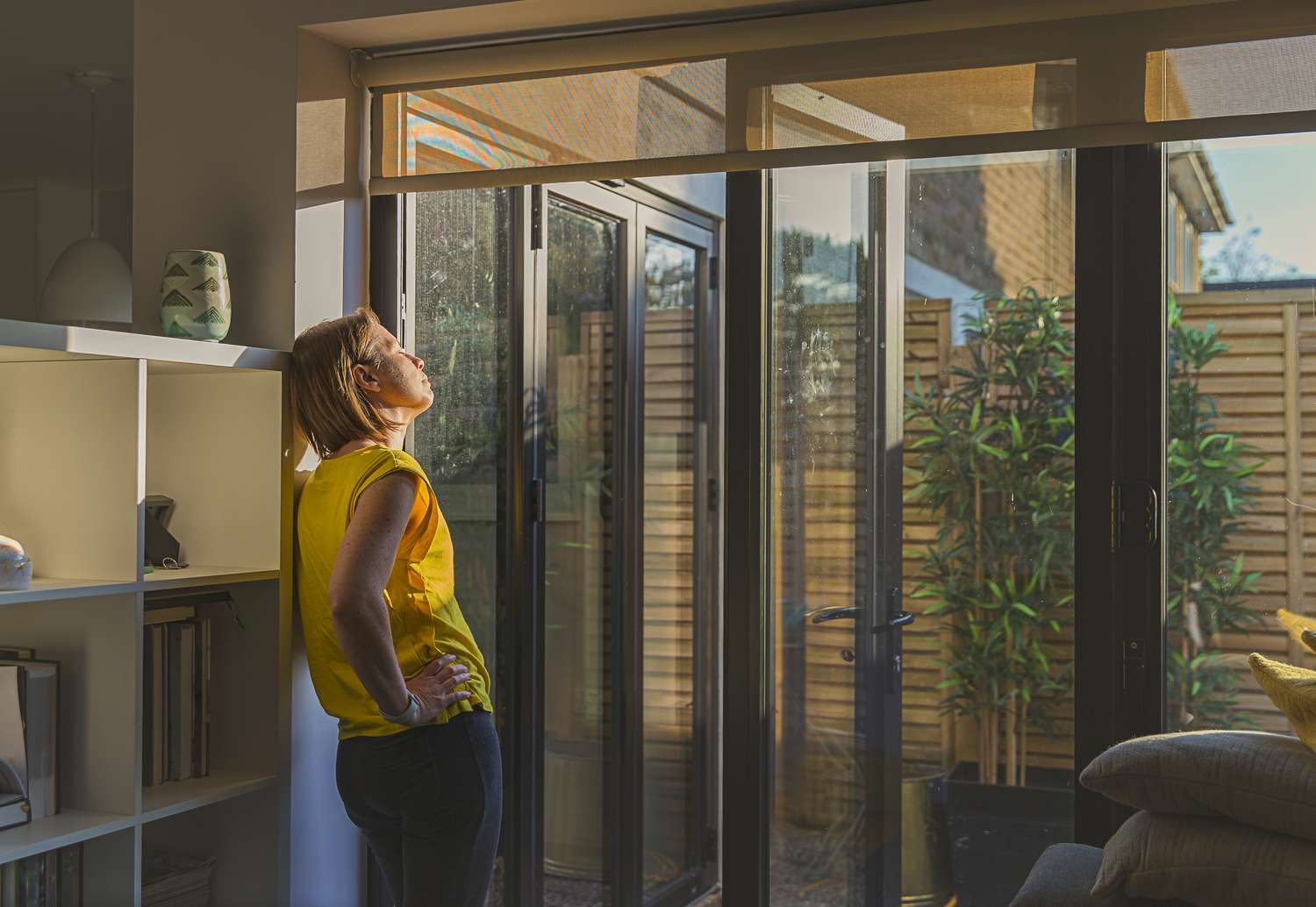Is Quarantine Still Required If You Have COVID?

COVID-19 is not the same as it was three years ago, but precautions and safety practices are still in place to protect the public.
Recently, the United States government and the World Health Organization declared the COVID-19 pandemic is no longer a public health emergency. However, experts warn that COVID-19 is still a concern, and people should not disregard the health protocols that were followed throughout the pandemic.
According to CDC spokesperson Kate Grusich, "COVID-19 remains an ongoing public health threat that we have to address alongside other infectious diseases."
Although COVID-19 hospitalization and deaths are on consistent downward trends, there are still county-based hotspots, and COVID-19 is causing nearly ten thousand hospitalizations a week. Majority of the U.S. states are still reporting hundreds of provisional COVID-19 deaths over the last three months. Therefore, it is crucial for people to adhere to proper health protocols, especially if they test positive for COVID-19 or experience any symptoms related to the virus.
Grusich advises that if you test positive for COVID-19 or suspect that you have it, follow the CDC's guidelines for isolation, regardless of your symptoms or vaccination status. The current recommendation is to isolate yourself from others in your household for at least 5 days.
According to Stuart Ray, MD, infectious disease specialist and a professor of medicine at Johns Hopkins University School of Medicine, if you are experiencing any symptoms related to COVID-19, such as shortness of breath, new loss of taste or smell, cough, or fatigue, you should still isolate for 5 days.
Grusich adds that those with severe illness (hospitalized or weakened immune system), should consult with their healthcare provider before ending isolation. Despite vaccinations, it is still recommended to follow the CDC's guidelines, including isolation for 5 days or longer, depending on your symptoms.
If you need further guidance on isolation or how long you should isolate, reach out to a healthcare provider or consult online tools. It is essential to maintain standard health protocols beyond isolating at home if you test positive or suspect that you have COVID-19.




